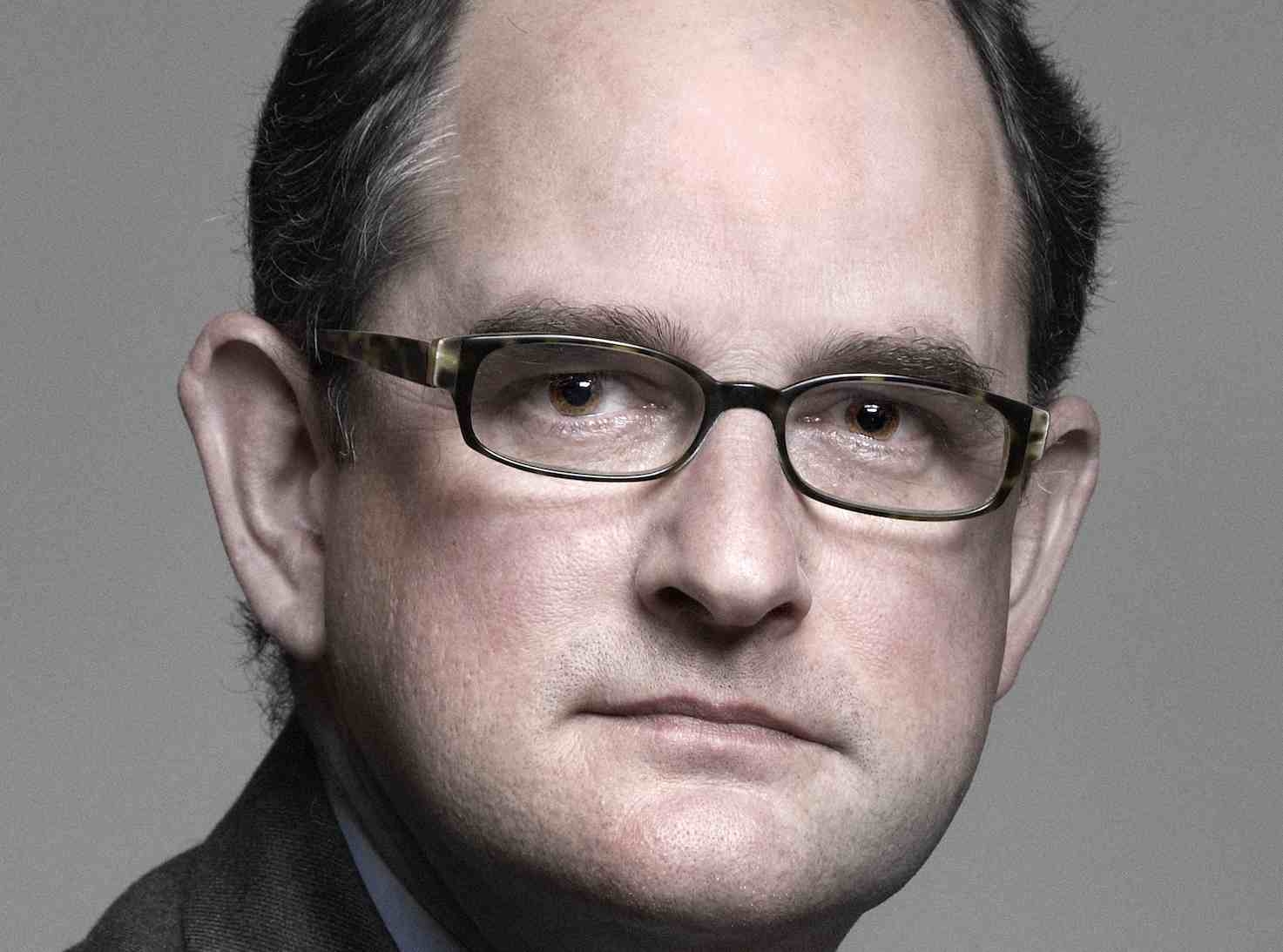Fidelity looked at a higher rate taxpayer investing £4,000 per year into a personal pension and predicted that taking away pensions tax relief at 40 per cent could cost them £56,000 over a period of 20 years of saving. At today's rates, that equates to an annuity of almost £3,000 per year for a couple retiring at age 65, or £3,500 for a male retiring at age 65, every year for the rest of their life.
From April, changes are being made to the threshold for higher-rate tax and personal allowances, meaning anyone earning over £42,476 will pay 40 per cent tax. The Institute of Fiscal Studies has estimated that this means three-quarters of a million more people will become higher-rate taxpayers in April. It has also suggested one in four people could be paying 40 per cent tax by 2015. This means 7.5 million people will be higher rate taxpayers, compared with around 4 million people today.
Fidelity is particularly concerned that continuous tinkering with pensions sends the wrong message about the Government's commitment to savers. This will put many people off making retirement provision at a time when the introduction of auto-enrolment should be encouraging many new people into the savings habit.
Tom Stevenson, Investment Director at Fidelity Worldwide Investment, said: "The beneficiaries of pension contribution tax relief are an easy target for a government trying to make savings. Workers who benefit from higher rate pensions tax relief are often wrongly thought to be 'fat cats', but actually in the main they are just ordinary people trying to do the right thing.
"It is concerning that the coalition would be considering such an attack on people taking responsibility for their financial futures. The message it sends out about the Government's attitude to saving is wholly wrong.
"Someone earning £45,000 would not consider themselves a 'fat cat' by any means but they would be caught by this measure and rightly feel aggrieved about the way in which their attempt to make prudent provision for their retirement is viewed by Government. Therefore, we are urging the Government to consider the impact it would have on long-term savers who are doing the right thing in saving for their future. It should reject this option."

